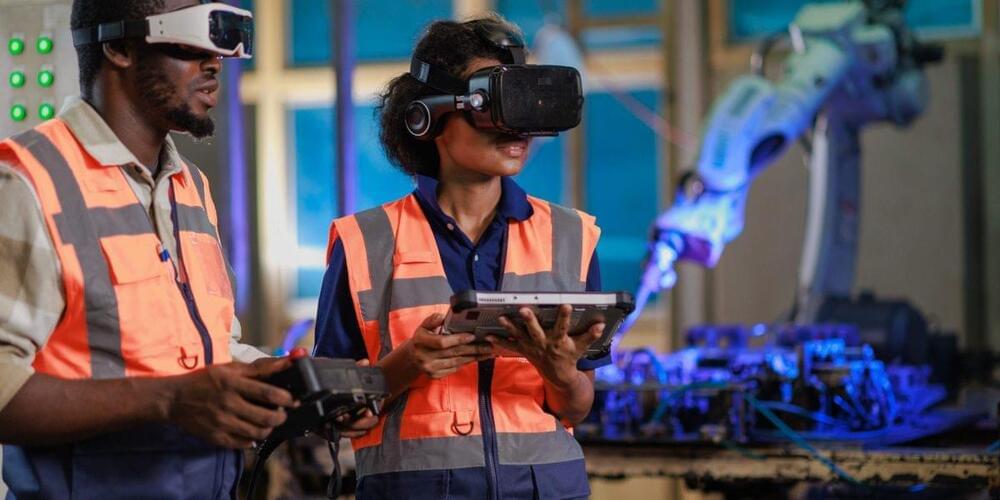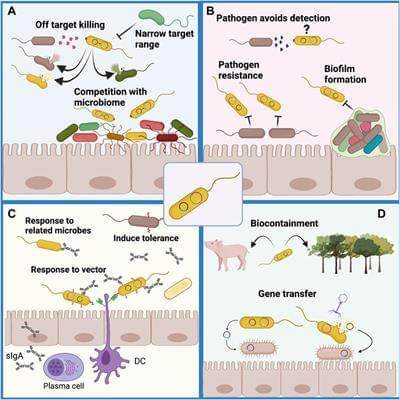
In the fascinating landscape tech realm, quantum computing stock opportunities could prove to be incredibly lucrative over time. The notion of quantum computing, born over two decades ago, is now gaining solid traction on The Street. Moreover, the technology, rooted in the mysteries of quantum mechanics, aims to boost computing speeds significantly.
The advancements in quantum computing are impossible to ignore, with continuous improvements and decreasing development costs. Moreover, the sector’s convergence with cloud computing opens doors for broader accessibility among researchers and software developers.
Furthermore, as the digital economy and artificial intelligence sectors grow, global spending on cloud computing is expected to reach a whopping $1 trillion annually within the next decade. Quantum computing appears to be on the cusp of becoming a game-changer, and it might be the most opportune time to load up on affordable quantum computing stocks.


















